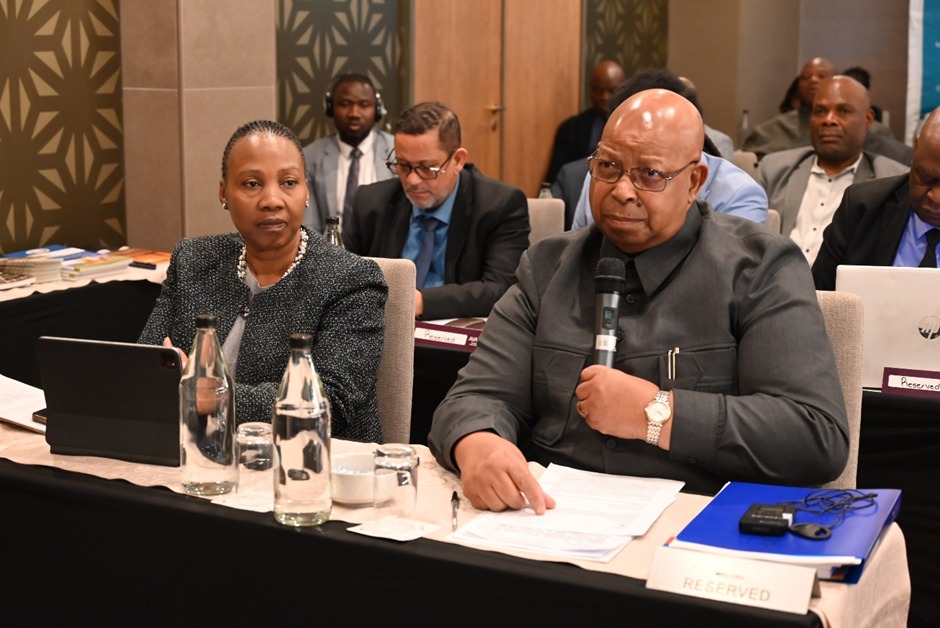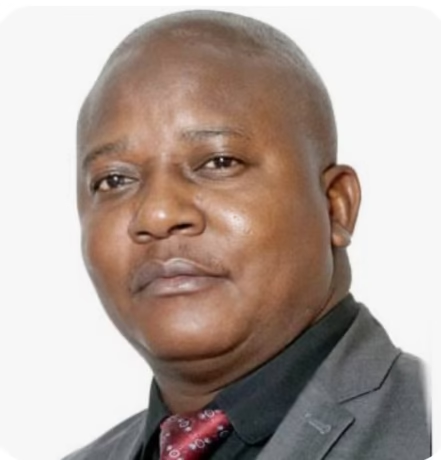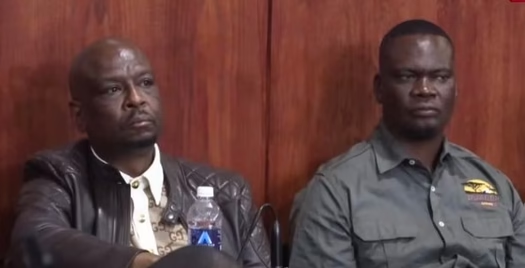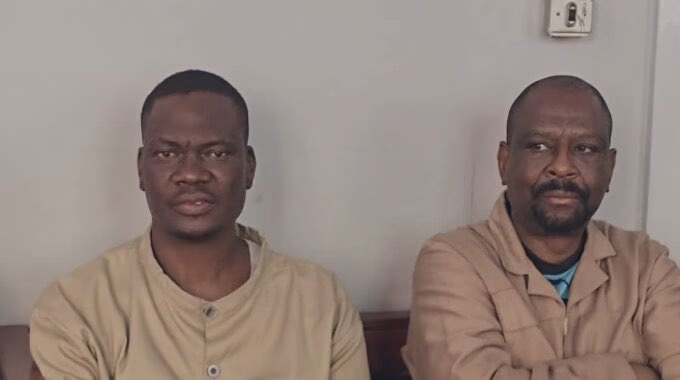
The high-level conference “Fostering Sustainable Futures: Integrating Climate Resilience in Southern Africa” concluded at the Avani Windhoek Hotel in Namibia, marking a significant step forward in the region’s commitment to climate resilience and sustainable environmental conservation. The event featured notable policy experts, including Claude Kabemba, Executive Director of the Southern Africa Resource Watch (SARW), who provided valuable insights on sustainable development.
Participants emphasized the critical need to integrate environmental sustainability with economic and social development. The experts advocated for a holistic approach to natural resource management, considering the long-term well-being of both the planet and its inhabitants. They stressed that transparency, scientific knowledge, and sustainable environmental practices are essential for fair and equitable resource management, benefiting both current and future generations.
A three-pronged strategy focusing on knowledge, governance, and sustainability was proposed. This approach aims to equip governments and citizens with scientific knowledge, ensure transparency in resource extraction and utilization, and foster a collaborative environment where all Southern African countries and their communities can thrive. Legislators were urged to implement laws that enforce the “polluter pays principle,” making sustainability a legally binding priority.
Mr. Kabemba highlighted the detrimental effects of excessive natural resource extraction driven by rampant consumption in Africa. He pointed out that inadequate environmental rehabilitation efforts by mining companies leave governments burdened with restoration responsibilities. Kabemba called for a multi-pronged approach involving local and international stakeholders, periodic parliamentary capacity building in natural resources governance, and transparent collaboration between governments and local communities. He also cited examples from Portugal and Finland, where environmental conservation is prioritized over financial profits, and urged African countries to adopt similar robust legislation.
A particularly inspiring vision was presented by Kabemba regarding the potential of the Inga Dam in the Democratic Republic of Congo (DRC). He described how this colossal hydroelectric project could power the entire African continent and beyond, presenting a future where sustainable energy flows continuously from this single investment.
Speaker Mudenda of Zimbabwe shared insights on Zimbabwe’s approach to natural resource governance, emphasizing the integration of knowledge, governance, and sustainability. He outlined the induction program for Members of Parliament in Zimbabwe, designed to enhance their understanding and responsibilities in environmental legislation. Mudenda encouraged new perspectives to ensure that the Global South can lead in sustainable extractive industries.
The conference concluded with a visit to the Naankuse Wildlife Sanctuary, where participants learned about conservation initiatives aimed at reducing human-wildlife conflict. A tour of the sanctuary’s wildlife rehabilitation facilities followed, showcasing successful conservation efforts. The final recommendations and the way forward from the conference will be released soon by SADC PF Secretary General, Ms. Boemo Sekgoma.




